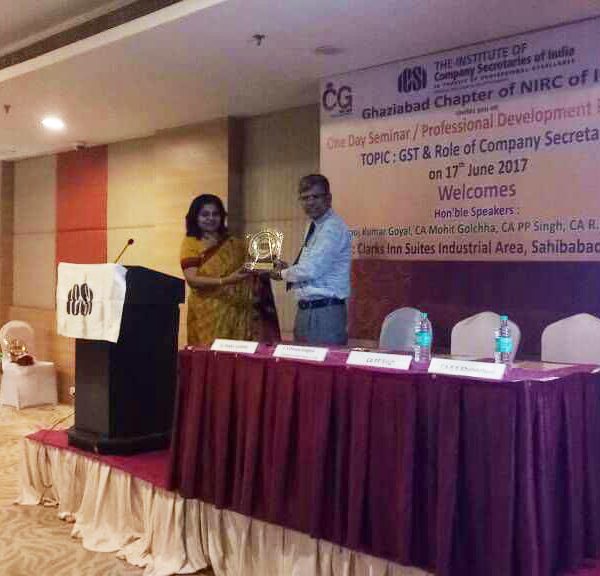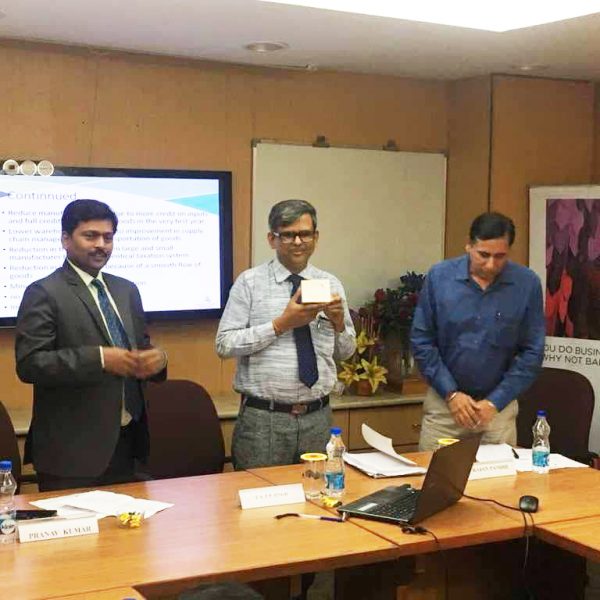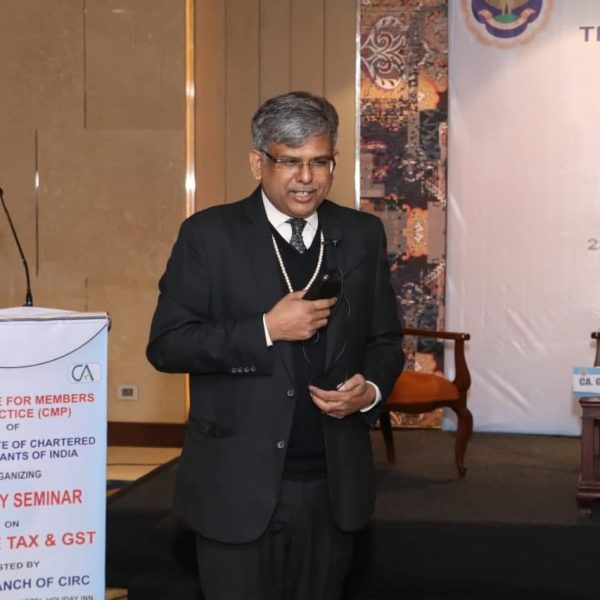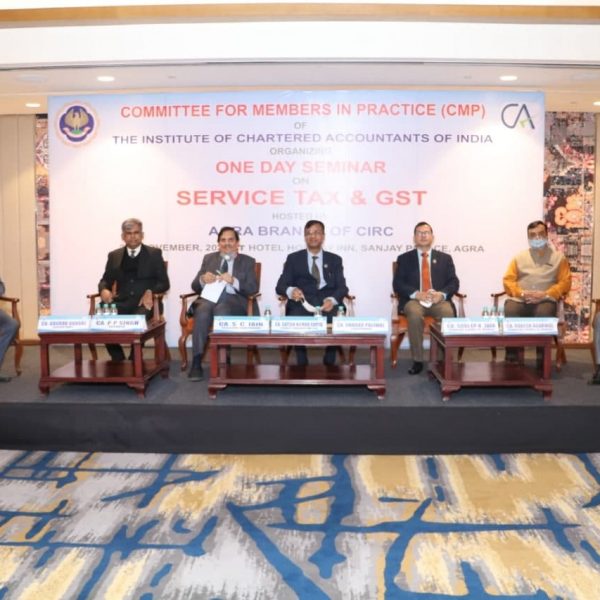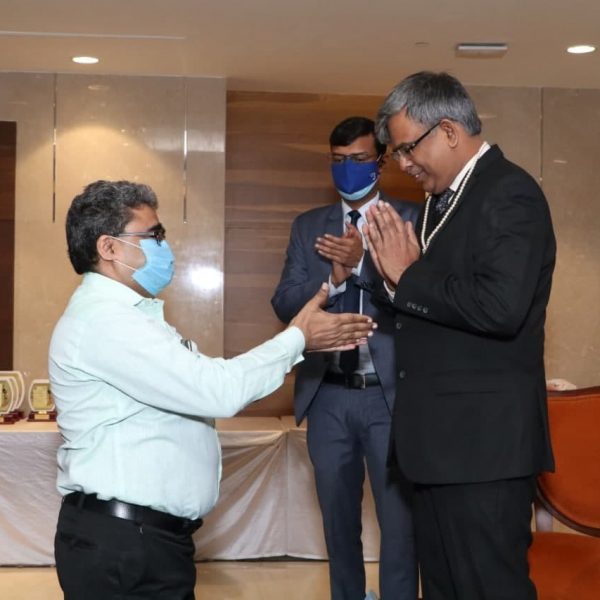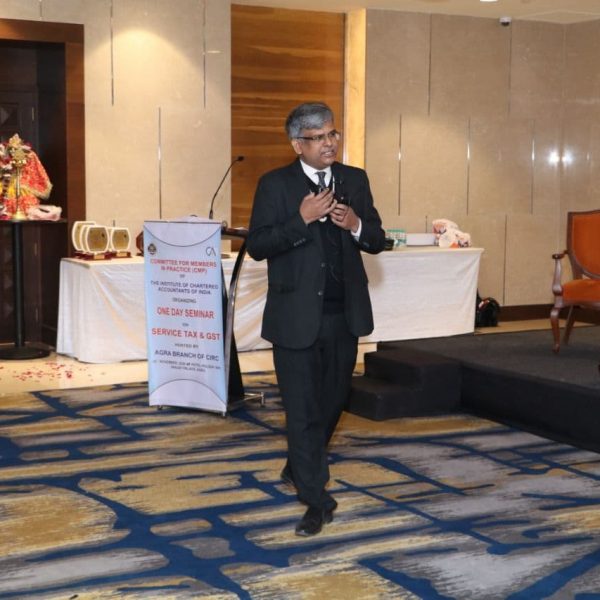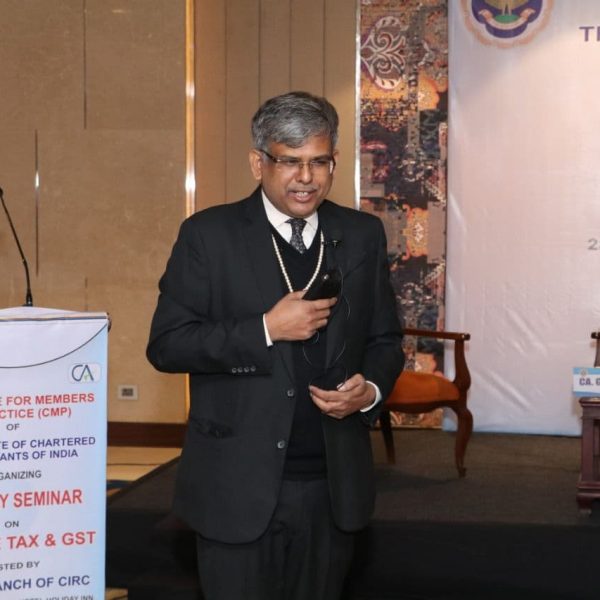Presumptions of law under income tax law
Introduction: In any jurisprudence, there are certain presumptions of law and particularly in tax laws also there are certain presumptions. In this article, an effort has been made to explain the important presumption in-built under income-tax law.
Presumption as to culpable mental state: In some of the offences for the imposition of penalties and punishment under income tax law culpable mental state ( also called mens rea) is a must similar to the criminal offence. under income tax, there are provisions in section 287E where under court shall presume the presence of mens rea where prosecution for an offence requiring men’s rea but the accused may prove that men’s rea was absent and therefore no prosecution desired.
Meaning of culpable mental state: culpable mental state” includes intention, motive or knowledge of a fact or belief in, or reason to believe, a fact. [explanation to section 278E(1)]
The presumption is “shall presumption”: As per the interpretation of “shall presumption” under section 4 of the Indian Evidence Act “Shall presume” – Whenever it is directed by this Act that the Court shall presume a fact, it shall regard such fact as proved, unless and until it is disproved.
Extract of section 278E as under: “278E. (1) In any prosecution for any offence under this Act which requires a culpable mental state on the part of the accused, the court shall presume the existence of such mental state but it shall be a defence for the accused to prove the fact that he had no such mental state with respect to the act charged as an offence in that prosecution.
Explanation.—In this sub-section, “culpable mental state” includes intention, motive or knowledge of a fact or belief in, or reason to believe, a fact.
For the prosecution, facts are to be proved beyond a reasonable doubt: similar to the criminal offence for any punishment facts to be proved beyond a reasonable doubt. No punishment just on a preponderance of probability, unlike tax assessments wherein tax can be collected based on the preponderance of probability also. Specific provisions in section 278E(2) extract reproduced here under:
“278E (2) For the purposes of this section, a fact is said to be proved only when the court believes it to exist beyond reasonable doubt and not merely when its existence is established by a preponderance of probability.”
Presumption as to books of account/ documents/assets found during survey/ search under the income tax law in section 292C.
-
- The presumption that books of account, other documents, money, bullion, jewellery or other valuable articles or things found from the control or possession during survey/ search belong or belong to such a person.
- Presumption about the truthfulness of the contents of such books of account and other documents; and
- Presumption about signature, writing, proper execution /stamping /attestation of the document.
- Presumption also applies where any books of account, other documents or assets have been delivered to the requisitioning officer in accordance with the provisions of section 132A, as if such books of account, other documents or assets which had been taken into custody from the person referred to in clause (a) or clause (b) or clause (c), as the case may be, of sub-section (1) of section 132A.
Under section 132A if DG/CCIT/CIT has reason to believe that
- Any person to whom summons/notice issued requisitioning books of account /documents has omitted or failed to produce such books/documents and such books/documents have been taken into custody by any officer or authority under any other law
- Any person to whom summon /notice has been /might be issued requisitioning books of account /documents relevant for any proceedings, will not or would not produce such books/documents and such books/documents have been taken into custody by any officer or authority under any other law
- Any assets representing income or property not disclosed to income tax and possession or control of such assets have been taken into custody by any officer or authority under any other law
Then DG/director/CCIT/CIT may authorise his junior officer not below the rank of ITO to requisition such books/documents/assets from such authority and if requisitioned then all the 3 above presumptions shall be applicable in respect of books//documents/assets also as per section 292C.
Extract of section 292C reproduced hereunder: 292C. Presumption as to assets, books of account, etc.
(1)] Where any books of account, other documents, money, bullion, jewellery or other valuable article or thing are or is found in the possession or control of any person in the course of a search under section 132 [or survey under section 133A], it may, in any proceeding under this Act, be presumed-
(i) that such books of account, other documents, money, bullion, jewellery or other valuable article or thing belong or belongs to such person;
(ii) that the contents of such books of account and other documents are true; and
(iii) that the signature and every other part of such books of account and other documents which purport to be in the handwriting of any particular person or which may reasonably be assumed to have been signed by, or to be in the handwriting of, any particular person, are in that person’s handwriting, and in the case of a document stamped, executed or attested, that it was duly stamped and executed or attested by the person by whom it purports to have been so executed or attested.
(2) Where any books of account, other documents or assets have been delivered to the requisitioning officer in accordance with the provisions of section 132A then, the provisions of sub-section (1) shall apply as if such books of account, other documents or assets which had been taken into custody from the person referred to in clause (a) or clause (b) or clause (c), as the case may be, of sub-section (1) of section 132A, had been found in the possession or control of that person in the course of a search under section 132.]
It is important to note that the presumption under section 292C is “may presume “ and as we know that as per the interpretation of “may presume” under section 4 of the Indian Evidence Act “Whenever it is provided by this Act that the Court may presume a fact, it may either regard such fact as proved, unless and until it is disproved or may call for proof of it”. It is discretionary for the court.
Similar provisions are also under section 132(4A) where may presumptions are mentioned. extract of section 132(4A) reproduced hereunder:
132( 4A) Where any books of account, other documents, money, bullion, jewellery or other valuable article or thing are or is found in the possession or control of any person in the course of a search, it may be presumed—
(i) that such books of account, other documents, money, bullion, jewellery or other valuable article or thing belong or belongs to such person;
(ii) that the contents of such books of account and other documents are true; and
(iii) that the signature and every other part of such books of account and other documents which purport to be in the handwriting of any particular person or which may reasonably be assumed to have been signed by, or to be in the handwriting of, any particular person, are in that person’s handwriting, and in the case of a document stamped, executed or attested, that it was duly stamped and executed or attested by the person by whom it purports to have been so executed or attested.
Exceptions to applicability of section 132(4A) may presumptions:
There is one exception that the presumption in terms of Section 132(4A) is not applicable in cases of prosecution under Section 276C and 277. The Supreme Court in Prem Dass v. ITO (1999) 236 ITR 683 (SC) held that the presumption laid down in Section 132(4A) cannot be applied to criminal proceedings in view of the specific language mentioned in Sections 276C and 277 of the Income-tax Act. Section 276C requires that it must be established that there is a wilful attempt to evade any tax and hence the doctrine of mens rea is still required to be proved by the prosecution. Thus in matters of prosecution u/ss. 276 and 277 of the Income-tax Act, the rule of presumption would not operate, but the doctrine of mens rea would still prevail. For such cases section 278E has provisions and is discussed in the preceding paragraphs. Section 278E was Inserted by the Taxation Laws (Amendment & Miscellaneous Provisions) Act, 1986, w.e.f. 10-9-1986.
Section 68 Vs. 132(4A): Section 68 is of general application and applies to all cases of regular assessment. The presumption in Section 132(4A) that “the contents of such books of account and other documents are true” applies only in relation to the provisions contemplated under the said Section and the Order passed under Section 132(5). Section 68 operates in a different field and, therefore, the requirements of Section 68 are required to be fulfilled, even where cash credits are found in the books seized under Section 132(4A).
Conclusion: Endeavour has been made to explain the various presumptions of law under the Income Tax Act 1961. We have tried to explain in the best possible way but if still any clarification is required feel free to contact us at cappsingh@gmail .com

